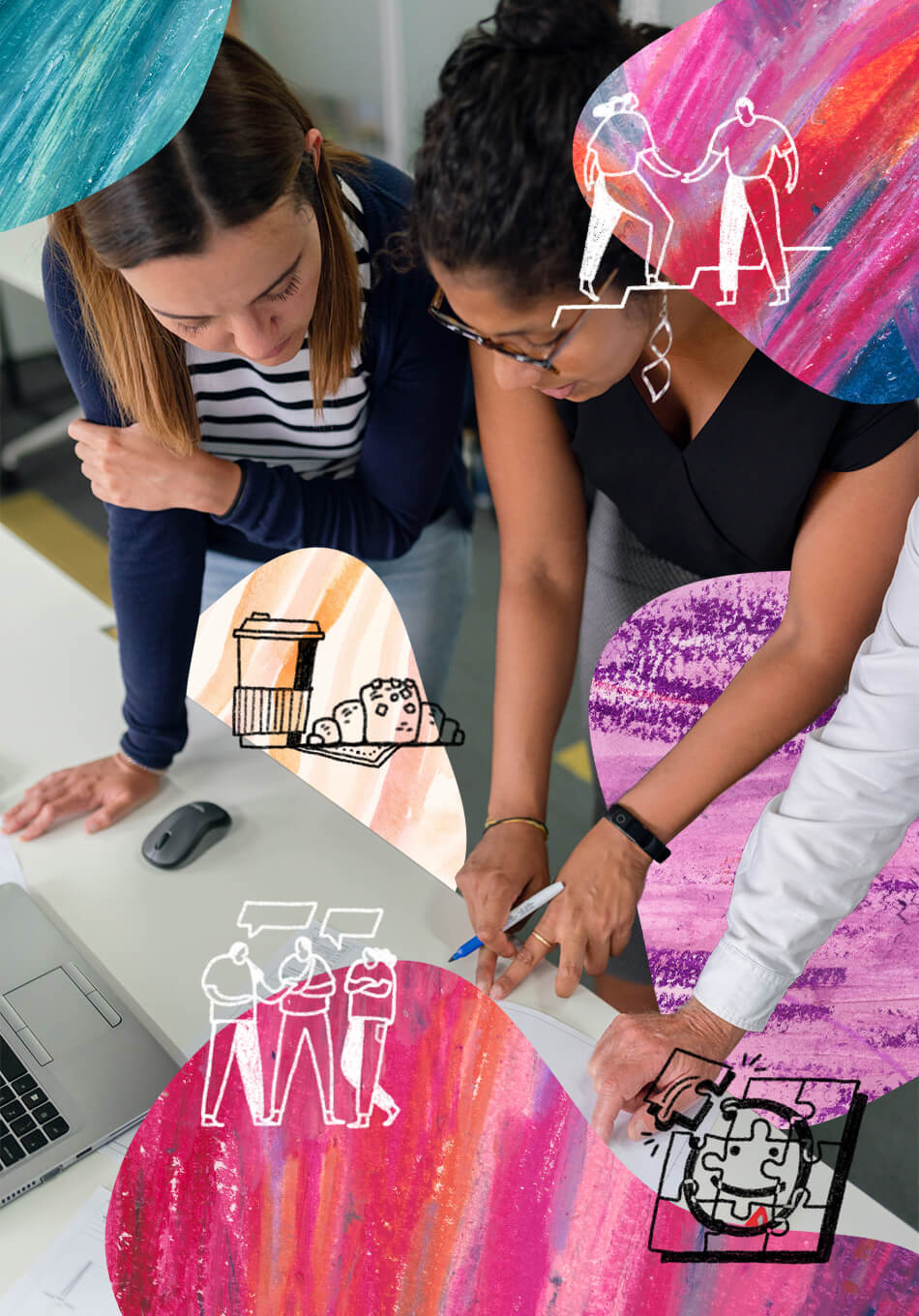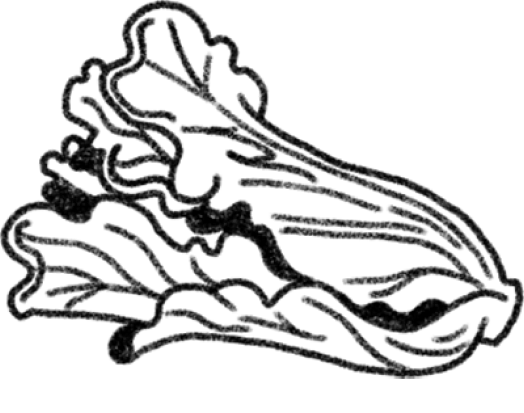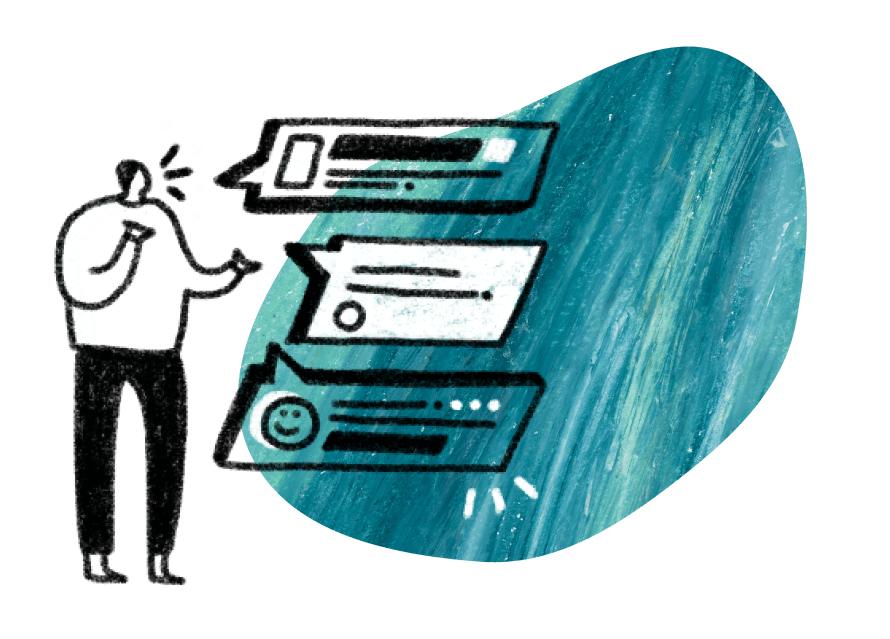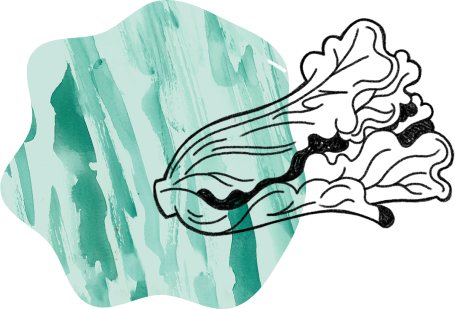“Other side of the table” is a series featuring user researchers, their work, ideas, and challenges along the way. This week we’re featuring Toni Rosati, Lead Researcher at Gloo
Let’s get started with the basics, can you tell us a bit about yourself? Where you live, hobbies, family, etc.
I live in Boulder, Colorado with my partner of 5 years. We are a foster home for cats and dogs (mostly cats) through Rezdawg Rescue. He is a software developer and we enjoy building things together. One of our most elaborate projects was an aquaponics system complete with tilapia and full-sized tomato plants! We also love Colorado’s huge craft beer scene!

I’ve been called a “pillar of the Boulder community”. In much of my non-working time, I help build the UX and Data Science communities here in Boulder. I am the Denver/Boulder chapter founder for Hexagon UX. Hexagon UX is dedicated to women in tech who are passionate about their user’s and customer’s experiences with digital and physical products. We celebrated our 1 year anniversary in November and are about to launch our first mentoring cohort. For the last 5 years, I’ve been on the leadership team for Analyze Boulder which enables local analysts and data scientists to share their projects in TED-style talks. We have almost 3,000 members, have hosted over 200 talks, and can fill the atrium of our local Galvanize each month! I’m also a regular mentor for the Go Code Colorado yearly app challenge. All across the state, teams form and tackle the challenge of using public data to better serve Colorado businesses. We’re heading into our 6th year and have repeatedly won innovation awards for the effort :).

My mission in life is to help people live authentically so they can be more than they thought they could. As part of this mission, I’m a professional coach and mentor. A coach is someone who asks powerful questions so that their client can unlock the right answers and vision for themselves. Coaches also help clients set goals and maintain progress towards what they really want in life. My clients want to level up their UX and data-related careers by diving into topics like confidence, presence, and imposter syndrome.
What’s your current role and how did you get there?
I am currently a User Experience Researcher on an R&D team at a startup named Gloo. I help create products and experiences that help people on journeys of personal growth (often around their relationship with money). Gloo as a whole is dedicated to unlocking the passion in people to mentor and champion the growth of another. This fits perfectly with my passion/purpose in life - to help others to live authentically so they can be more than they thought they could.
I learned what UX Research was when I was in academia as a Data Curator. I was the odd duck that loved social sciences but was surrounded by physical scientists. In fact, it was my desire to blend the two that transitioned me from being a photography business owner to working in science and academia. In 2013, my boss was about to launch a product and said, “You understand people. Can you make sure this launch doesn’t flop?” That’s how I discovered the term UX. I realized my master’s thesis was actually a UX project and I’d used some UX techniques in my photography business!
I spent 6 fantastic years in academia learning about the software development lifecycle, search technologies, data discovery, information architecture, semantic web, Agile and product management. The “business of science” is hard. Grants take a long time to get approved and there are fewer and fewer assurances that a job is secure. In 2015, I was ready for business challenges and an official UX title. I’ve been working with startups, SaaS, B2B, and e-commerce companies since then.
Switching gears a bit — what’s the best random thing you’ve found on the internet recently (preferably with links)?
Reframing is a technique I use in coaching to help create a new understanding of a story. The basic idea is that humans often solidify a memory as if it is total fact, but really it is a representation of our early interpretations of the situation. When we gain more knowledge, empathy or experience, we are able to shift the frame we hold the memory in and the meaning changes. Often our thinking, feelings, and behavior change along with it.
I can compare reframing in coaching to reframing when I was taking pictures. Imagine looking through the frame of a camera lens or at the cropping when you take a picture with your phone.. If you zoom in, take a few steps to the right, or crouch down, the subject of the picture is still the same, but the picture you end up taking and keeping can look and feel completely different! By slightly changing what is seen through the camera, the picture can create an entirely different memory.
I recently used this particular tool and even though I know how reframing works, the results astounded me. I was able to get far enough away from a relentlessly strong interpretation of an early childhood memory to actually see things in a different light.
And what’s your most useless skill?
Cat cuddling!
.png)
Alright, let’s get into it — what is your favorite “war story” from a user research session you were involved in?
We had an advisory team in town for a couple days and I was able to get just a little time with them to test our latest product. I’m not a fan of focus groups, so I wanted to stay as true to a usability test as possible. Since I didn’t have much time, I trained some of our developers and tech writers to facilitate the more intimate questions at each advisors own pace while I remained the facilitator by explaining the exercise and keeping people moving forward. I thought we could divide and conquer! Each pair was separated as much as we could with our limited space, but it was clearly not far enough! The participants got so worked up about new ideas that they took control over the conversations with their user test coordinator. Developers were answering background questions, advisory team members started discussing new features across the room, and my plan to keep a pulse and check in with pairs was out the window! It got away from me so fast that it was a big challenge to get people pulled back in. In the end, it was saved by adopting a more focus group-like structure and we got the data we needed (along with new ideas), but without the flexibility it could have been a data disaster. I think the toughest part was balancing a sense of confidence and agency in the volunteers I trained while completely taking the meeting in a different direction and keeping a group of experts on task!
There has been a big surge in “design thinking” recently, how would you like to see that trend continue to evolve?
I know this will be controversial, but I personally think that pure “design thinking” has been adopted by business-minded executives as much as it's ever going to be. That said, the language we use to describe the process needs to evolve to include the mental models they bring to the table. In other words, Design Thinking needs to design think for itself. Our main stakeholders and funders need to know more about risk, uncertainty, valuation, time constraints, and the bottom line for their companies. As of now, it takes a great deal of trust and letting go to grow a design thinking culture. I think that makes it fragile in the grand scheme of things.
In what ways do you deviate from the conventional wisdom around user research?
I’m one of those people that can toe the line between rigorous, academic-level research and quick and dirty insight gathering. Which direction I choose has everything to do with what the company believes they need at any given time. It isn’t a big deviation, but I think it does make me a chameleon in the UX world.
Additionally, I’ve fallen in love with Jobs To Be Done. I fought it at first and struggled to adapt from design thinking, but it now feels like one of my superpowers. It’s amazing to me just how much overlap in core values and processes each framework shares, yet most UXers or executives aren’t looking past the differences.
What do you think is the biggest mistake people make when approaching user research?
Asking users what they “like”!
After years of doing user research, what is biggest lesson you’ve learned? The type of thing you wish someone had told you about when you were getting started.
Most of this job is about convincing the powers that be that they should keep paying me to tell them their baby is ugly. I didn’t realize at first just how much of a change agent I would be as a researcher. The role of speaking truth to power is often dangerous. I think many organizations adopt UX believing it will be a magic bullet (very much like they did with Agile methodologies). When they house these powerful tools, concepts and people in awkward departments and situations, they take away the magic and end up disappointed by their own hand.
Let’s wrap up with some quick hits. How do you like to prep right before sitting down with a user for a research session? Any habits that you find effective?
I usually work with a billion tabs open on my browser. When it comes to a usability lab or interview, I like to have things closed down as much as possible so I only have my required tabs open. I also like to have a notebook and pen for notes since I enjoy the old-school feel of writing.
I’m not so great with names, so I also make sure to review my participant’s name and whatever I already know about them. From there, I just take a deep breath and get in a mindset of appreciation that they are helping me out. That brings out a more genuine warmth and welcoming atmosphere in me than other things I’ve tried. I don’t like to be a flat or robotic facilitator.
What tools do you use during sessions? For interview guides, notes, recording, prototypes, etc.
Honestly, I like pretty low key solutions! Invitations via Google Calendar to a Zoom meeting is my favorite. I have my script or guide in a Google Doc that is often printed out and kept handy next to my notebook and pen for notes.
Are there any tricks you use to make participants feel relaxed or more expressive during sessions?
I like participants to really know that I’m listening and that I care. I allow them to see me leaning in. I want them to feel from my voice and pauses that their emotions, thoughts, and well-being matter to me more than plowing through a script. As a trained coach, I’ve spent a lot of time welcoming people to share their deeper thoughts and feelings and that comes out in my research too.
How do you and your team document and share the insights you collect from user research?
We like to debrief after each interview, but documentation is always a challenge to overcome! Sessions are almost always recorded and stored in a secure spot. We collect insights into a spreadsheet currently, but I would love to move to more robust qualitative data analysis software like Dedoose or Dovetail. Rolled up insights are built into slide decks to share out with stakeholders.




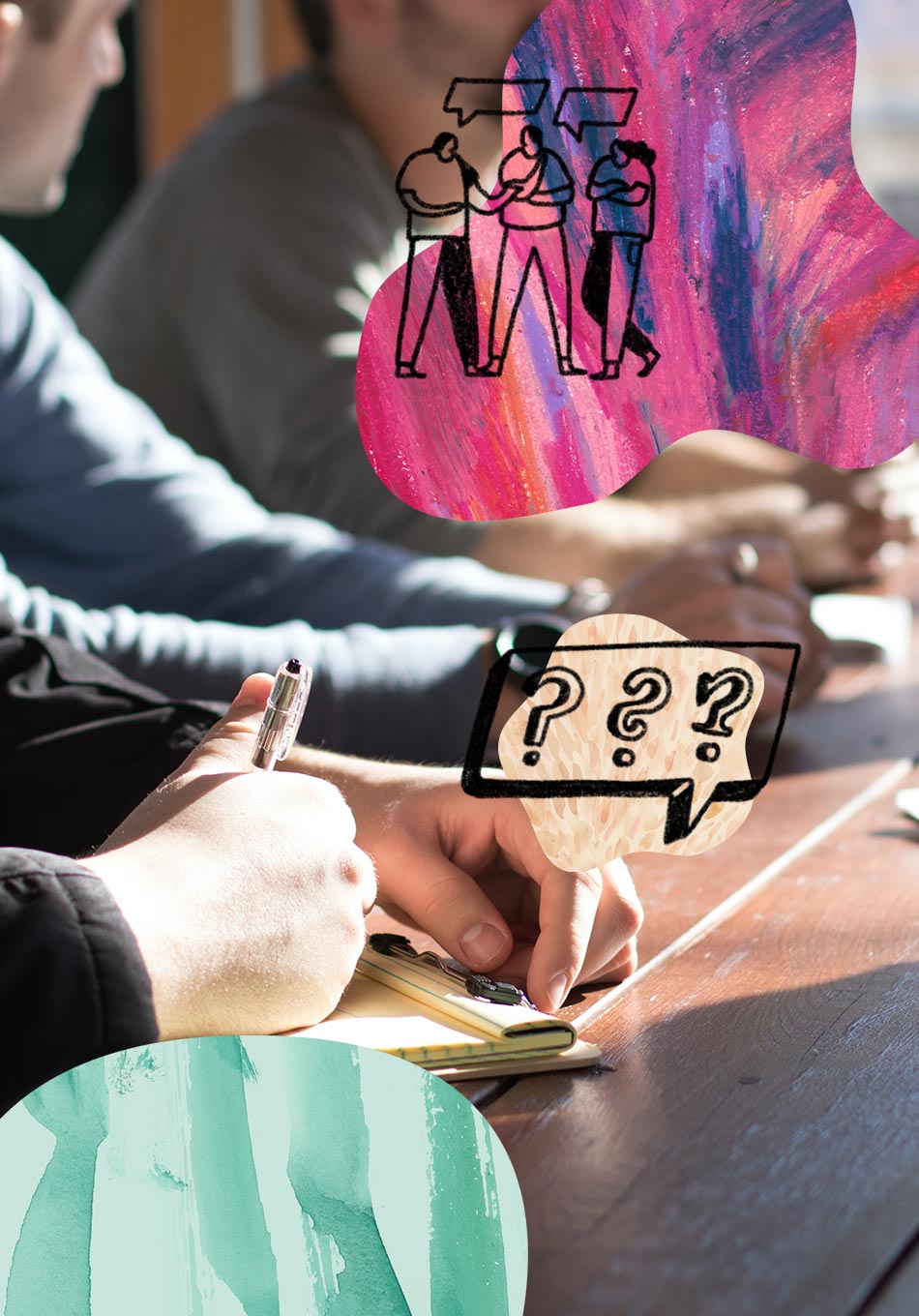
.jpg)








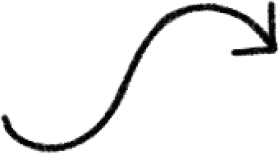
.jpg)

